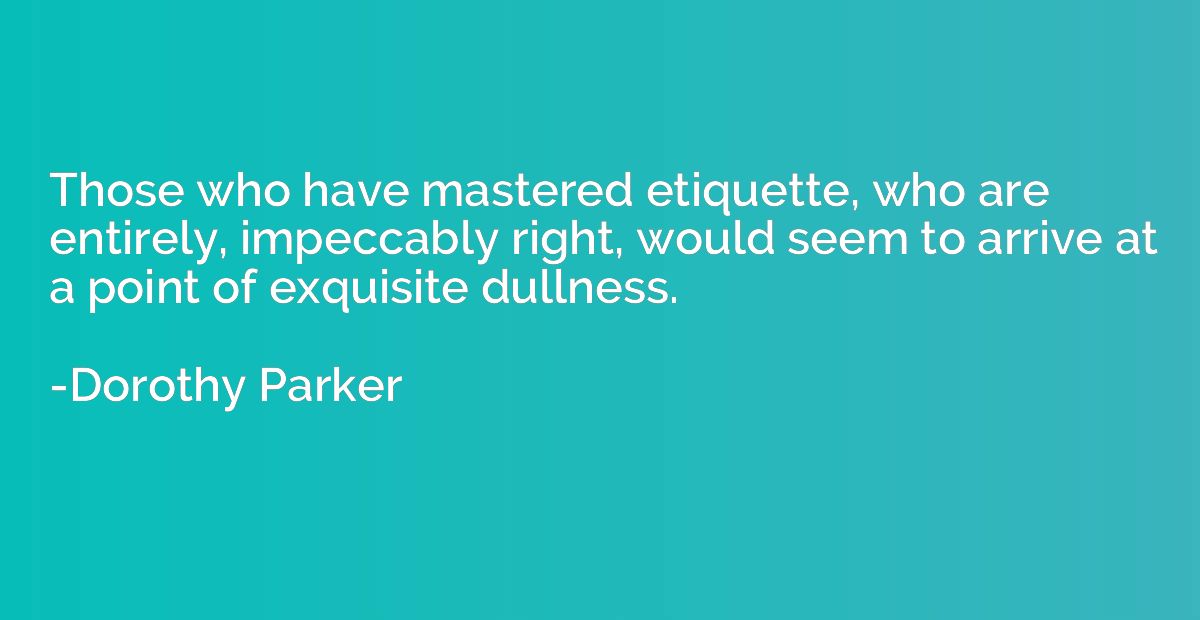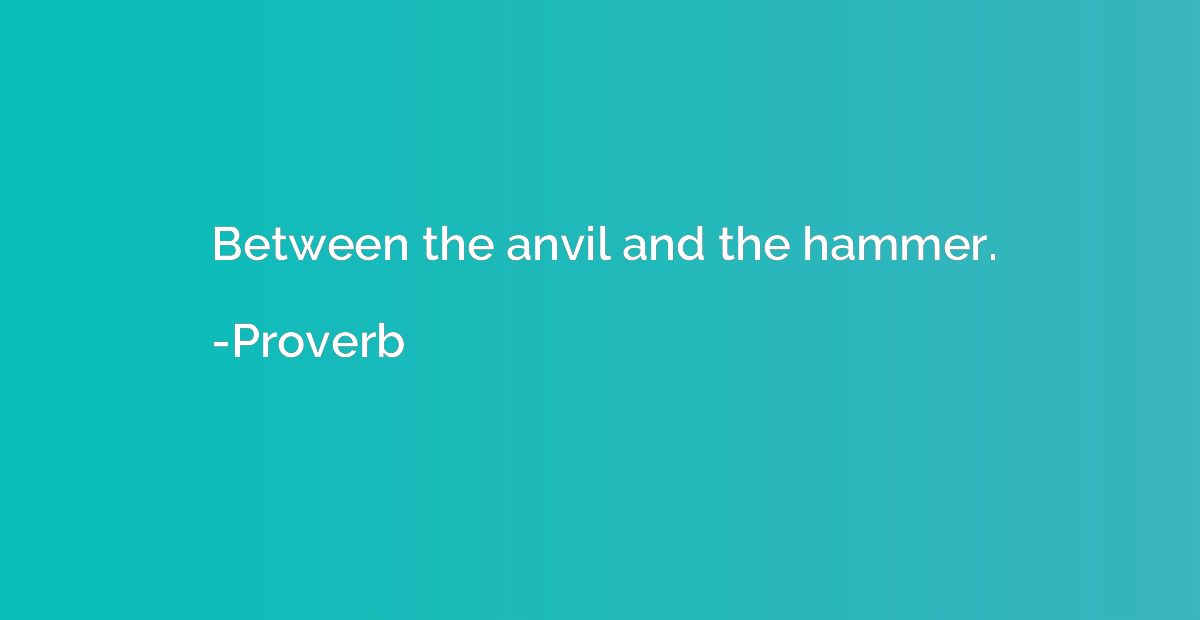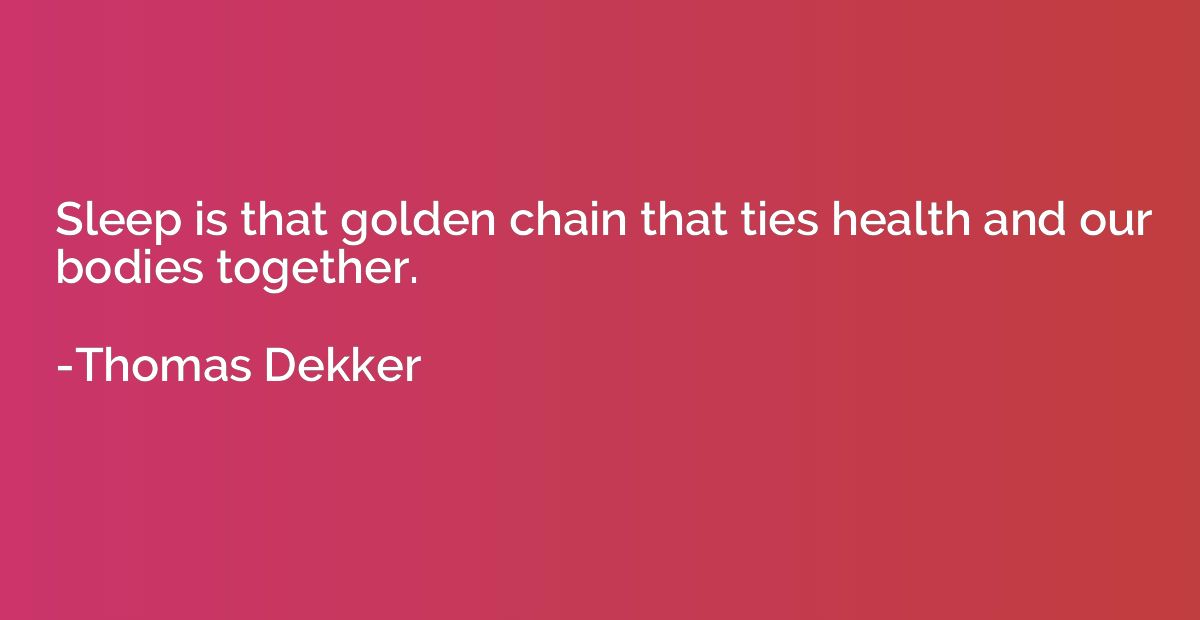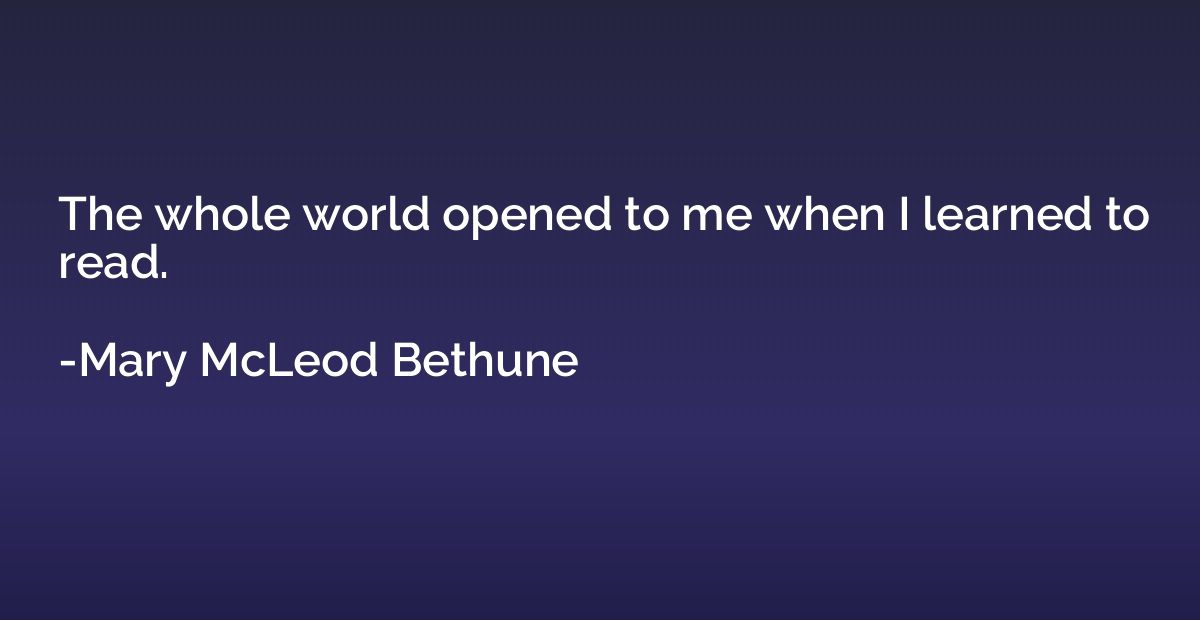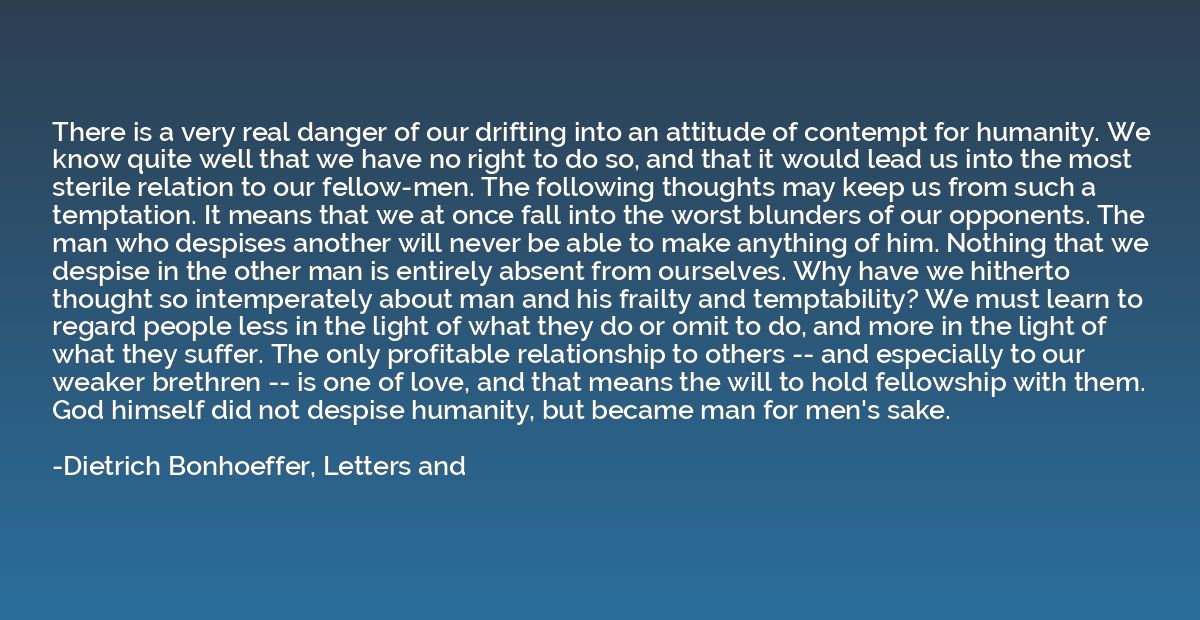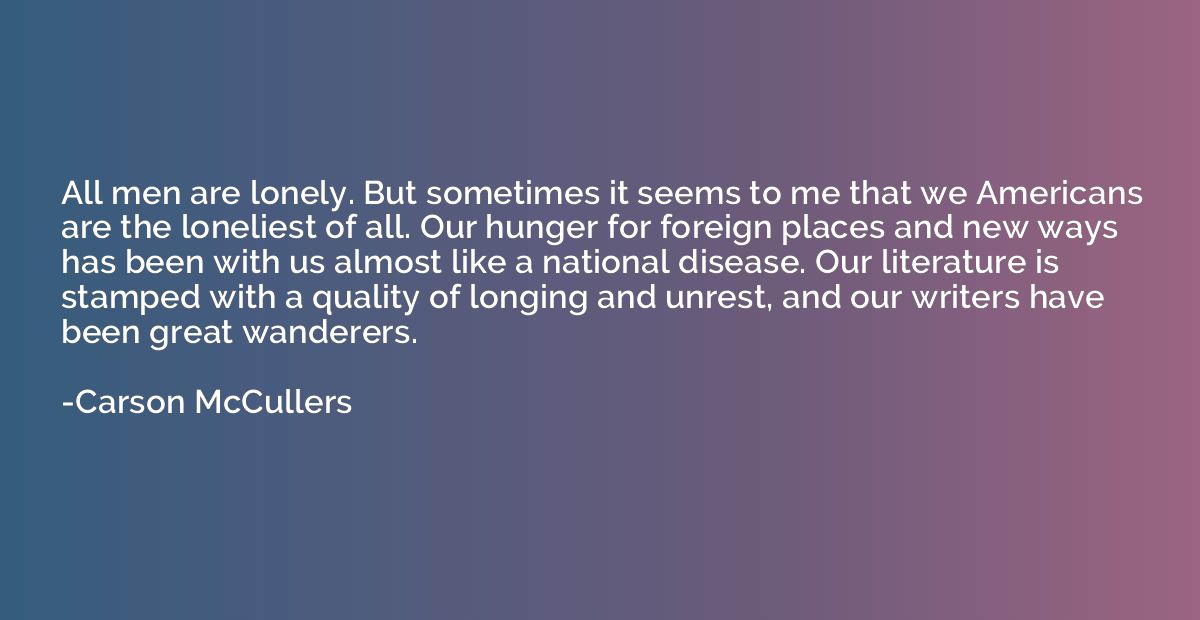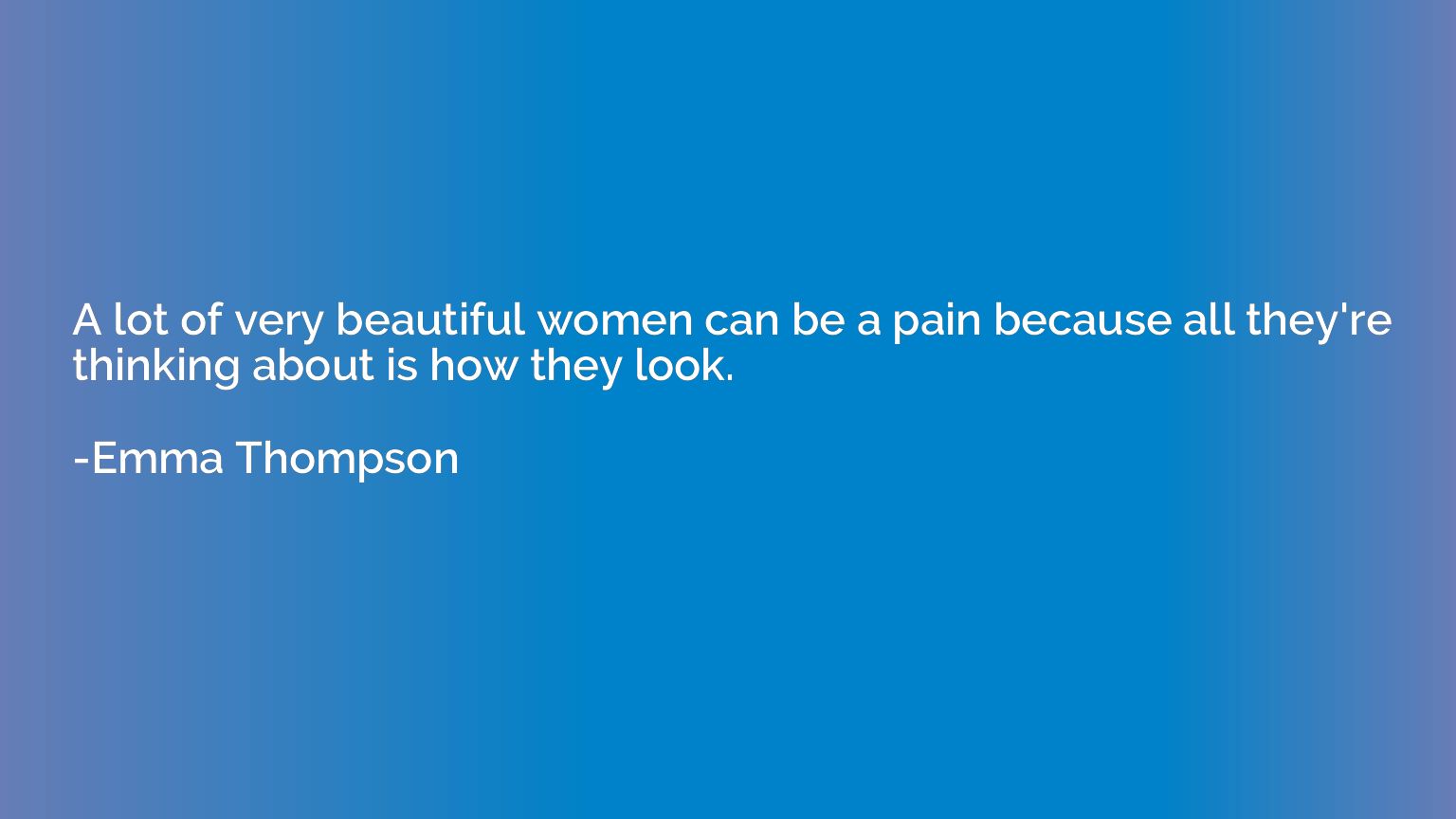Quote by John Updike
Facts are generally overesteemed. For most practical purposes, a thing is what men think it is. When they judged the earth flat, it was flat. As long as men thought slavery tolerable, tolerable it was. We live down here among shadows, shadows among shadows.
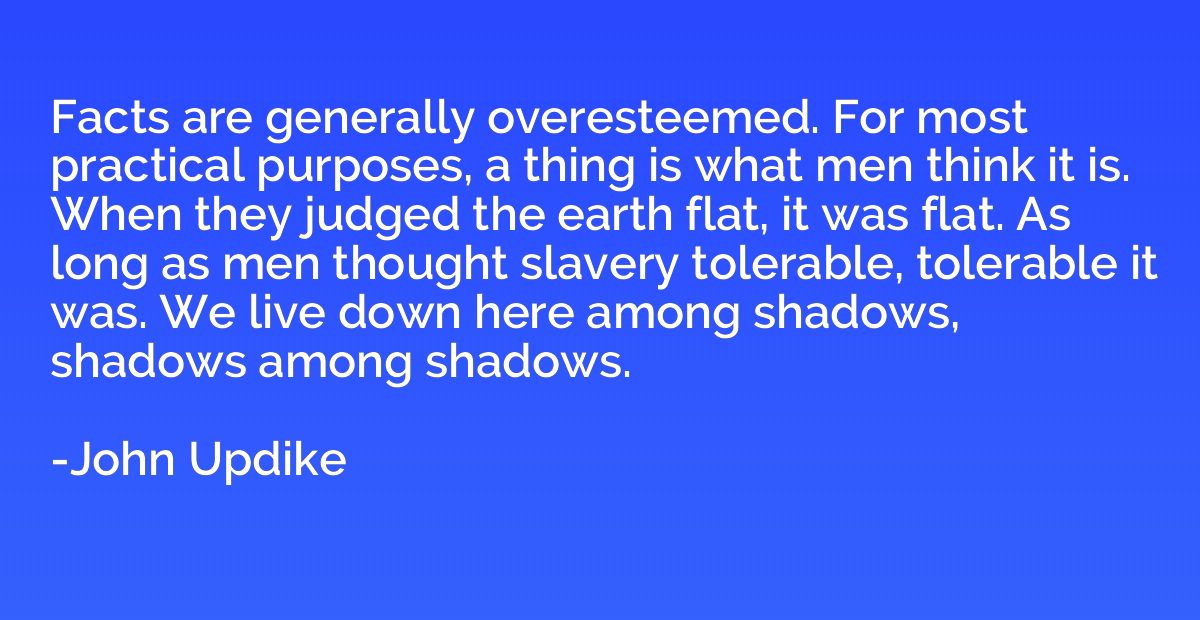
Summary
This quote suggests that facts may not always hold the utmost importance. It argues that perceptions and societal beliefs largely shape our understanding and experience of reality. The example of the flat earth and the acceptance of slavery illustrates that as long as these were widely believed, they held influence over society, regardless of their factual accuracy. The quote also implies that our perception of reality may be limited and subject to layers of illusions, where we are unable to fully comprehend the truth.
Topics
Facts
By John Updike





